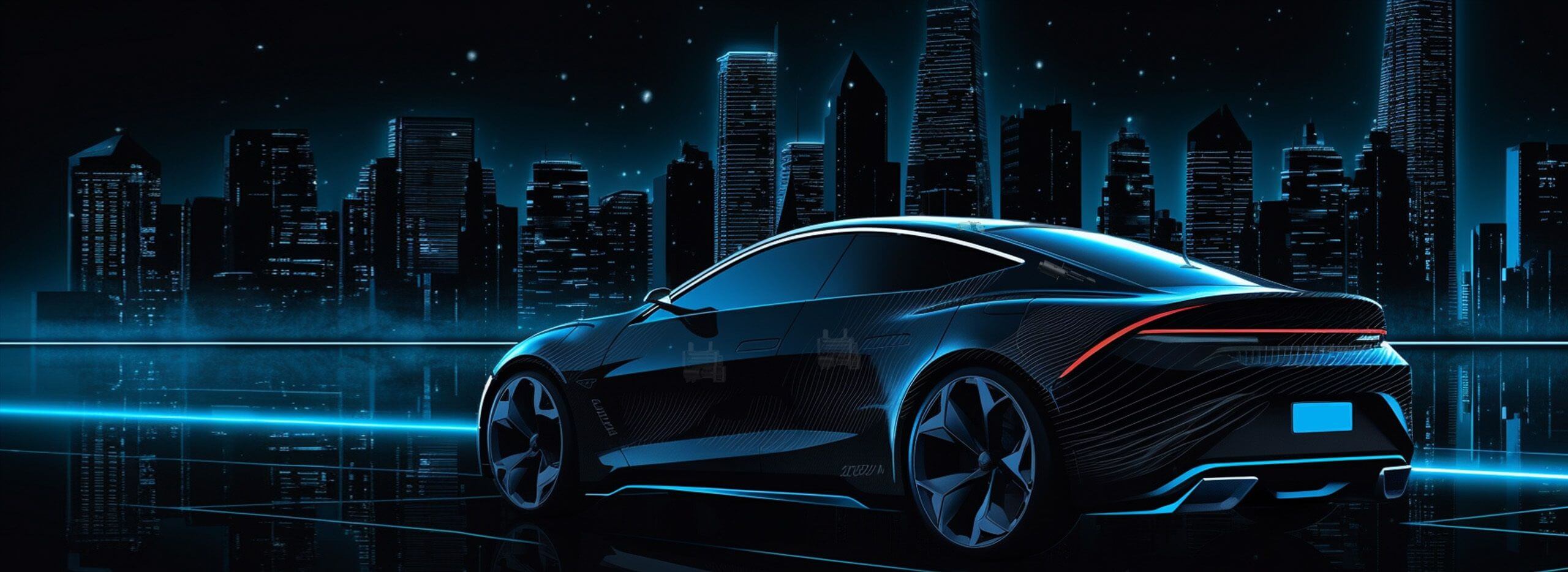Unleashing Precision and Power: The Fascinating World of Servo RC Cars
In the vibrant universe of remote control vehicles, few innovations have sparked as much excitement and ingenuity as servo RC cars. These miniature machines are more than just toys—they are a testament to engineering mastery, blending precision, power, and innovation to create an exhilarating hobby that captivates enthusiasts around the globe. Whether you're a seasoned racer or a curious beginner, understanding what makes servo RC cars special can deepen your appreciation, and perhaps even inspire your next upgrade.

What Are Servo RC Cars?
At their core, servo RC cars are remote control vehicles powered by a system that uses servo motors for steering, throttle, and other functions. Unlike traditional RC cars that rely on basic motors and mechanical linkages, servo-driven RC cars utilize servos—compact, high-torque motors that can precisely position the steering mechanism and other movable parts. This precision allows for smoother control, sharper turns, and a more realistic driving experience.
The key component in these vehicles is, of course, the servo motor. It's a small device embedded within the RC car's electronics that receives signals from the transmitter (the remote control) and converts them into precise, controlled movements. Think of the servo as the car’s nervous system—interpreting your commands with accuracy and agility.
The Power of Modern Servos
Modern servos are marvels of miniaturization and engineering. They come with various specifications—torque, speed, and size—that allow hobbyists to customize their RC cars for performance and durability. High-torque servos provide greater force, enabling the car to handle challenging terrains or execute fast, sharp maneuvers. Fast servos, on the other hand, react quickly, crucial for racing scenarios where milliseconds matter.
These servos are powered by multiple sources—battery packs ranging from standard NiMH cells to advanced LiPo batteries—ensuring the car responds seamlessly. Upgrading the servo can dramatically improve a vehicle’s handling, control, and overall experience, which makes servo RC cars inherently customizable—one of their greatest appeals.
Why Enthusiasts Love Servo RC Cars
The allure of servo RC cars lies in their blend of technicality and thrill. For hobbyists, tinkering with their vehicles—choosing the right servo, fine-tuning its settings, or integrating new electronics—is an engaging part of the experience. It’s a hobby rooted in innovation and experimentation.
Moreover, servo RC cars excel in scenarios demanding precision—slow-speed crawling over rocks, tight racing circuits, or complex obstacle courses—where finesse trumps brute force. Their ability to mimic real-world driving with high accuracy adds another layer of authenticity, turning a simple remote control into a window into high-tech engineering.
Evolution of Servo Technologies in RC Cars
Over the years, servo technology has seen remarkable advancements. Early RC cars relied on basic analog servos, which performed adequately but lacked finesse. Today, digital servos dominate the scene, offering higher resolution, faster response times, and more reliable control. These developments have opened avenues for more intricate remote control systems, like proportional steering, which translates your inputs in a perfectly scaled manner.
Manufacturers are also pushing the boundaries with brushless servos, which offer higher efficiency, lower heat, and longer lifespan—perfect for high-performance applications. Their integration into hobby-grade RC cars elevates both durability and responsiveness.
The Thrill of Customization
One of the true joys of owning a servo RC car is customization. Hobbyists often experiment with different servos, different configurations, and even modify electronic control boards to enhance performance. Upgrading a servo isn’t just about power; it often involves considerations like weight, size, and compatibility with existing electronics.
Some enthusiasts prefer high-torque servos for slow, technical crawling, where strength is key for maneuvering over rough terrain. Others opt for ultra-fast servos suited for racing, where rapid steering adjustments make all the difference. The balance between speed, torque, and size is a critical element in designing a robot that matches your passion.
Emerging Trends and Future Prospects
The future of servo RC cars looks promising, with innovations on the horizon. Smart servos equipped with feedback sensors are beginning to emerge, providing real-time data on the servo’s status—temperature, load, and position—allowing for smarter control systems and preventative maintenance.
Moreover, as electronic components become smarter and more compact, RC cars with automatic stabilization, adaptive steering, and even semi-autonomous navigation are starting to appear. These advanced features could redefine the scope of RC hobbyist vehicles, making them more accessible, customizable, and exciting for everyone.
The Importance of Community and Education
Finally, the community aspect plays a significant role. From online forums to local clubs, servo RC hobbyists share tips, tricks, and innovations. Learning about servo configurations through these communities can open up new avenues—whether it’s tuning for a specific course or designing a custom drive system.
Getting immersed in this world offers not just technical skills but also a sense of camaraderie. It’s a hobby that encourages curiosity, creative problem-solving, and continuous learning—truly a perfect blend for anyone passionate about technology, engineering, and fun.
When you're ready for the next installment, we'll dive into the specifics of how to choose the right servos, common upgrades, and the thrill of competitive RC racing.
Leveraging innovations in modular drive technology, Kpower integrates high-performance motors, precision reducers, and multi-protocol control systems to provide efficient and customized smart drive system solutions.




































